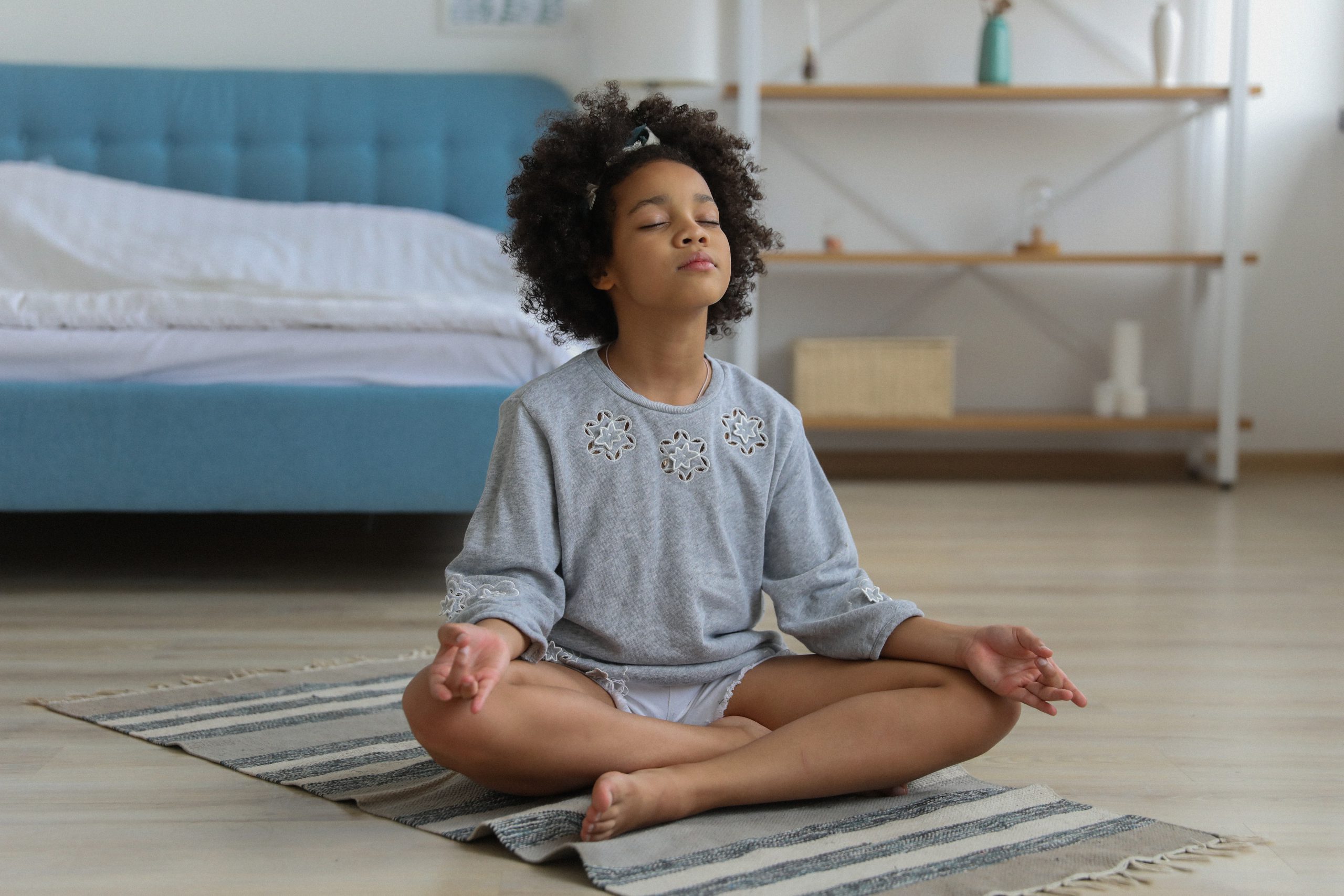Disclaimer: Schola does not provide medical advice of any nature, specific or general, nor the suggestion of any diagnosis or treatment, nor the endorsement of any physician or medical facility. Nothing herein is intended to or should serve as a substitute for medical advice or diagnoses rendered to you by your individual doctor or other health care provider. Always seek the advice of your health care provider with any questions or concerns you may have.
Feeling anxious is a normal emotion that everyone experiences in life. Anxiety has a purpose; it serves to protect us from potential threats. However, anxiety levels become unhealthy when normal experiences elicit feelings of anxiety. Similarly, anxious thoughts may become all-consuming or interfere with the ability to perform everyday activities. According to the CDC, anxiety is one of the most commonly diagnosed mental disorders in children. Navigating how to help your child deal with their anxiety can be a difficult task. However, there are some actions you can take to support your child’s mental health. It is important to teach your children tools they can use to manage their symptoms when they are feeling anxious. While the anxiety may not disappear altogether, making changes can help them better handle their emotions so they are not as inhibited from performing day-to-day tasks.
#1: Exercise
Getting exercise is one of the most beneficial activities children can engage in to help cope with their anxiety levels. The CDC recommends that children ages 6-17 do at least 60 minutes of moderate-to-vigorous physical activity at least 3 times a week, and even daily if your child deals with anxiety. According to the Mayo Clinic, physical activity increases the production of endorphins: neurotransmitters in the brain that increase the feeling of well-being and decrease stress.

#2: Healthy Eating
Children who struggle with their mental health may eat significantly more or less than normal. Therefore, it is important to monitor your child’s diet. Ensure they eat a balanced diet consisting of fruits, veggies, whole grains, and lean proteins to receive all their proper nutrients.
#3: Practicing Mindfulness or Relaxation Techniques
Mindfulness is the ability to be keenly present in the moment and is proven to tie to increased relaxation, regulation of emotions, and stress reduction. For example, some mindful activities to encourage your children and adolescents to try include deep breathing, journaling gratitude, centering exercises, or simply observing one’s thoughts. For younger children, activities like play-dough, kinetic sand, coloring pages, and blowing bubbles can help them relax their minds when done intently.

#4: Parent Support
Finally, the most important thing you can do to help your child’s mental health is to be there to support them. According to licensed psychology professional Eli Lebowitz, Ph.D., the natural response for children experiencing anxiety is to rely on their parents for help. Parents are the front-line for supporting their children with their mental health.
How to Help
Engage in conversations with your child about how they are feeling. Sometimes just listening and providing emotional support is more beneficial than trying to ‘fix things.’ Empathize with their feelings and make sure they know you are always there to talk at any time. In these conversations, try to help your child determine what is triggering their anxiety and work together to find solutions. Additionally, suggest the aforementioned coping mechanisms and promote more engagement in the activities they love. As a parent, it is also vital that you don’t allow your child to avoid all situations that cause them anxiety. According to Lebowitz, accommodating or enabling these feelings could be more detrimental to their mental health. Instead, focus on reassuring and encouraging them from a place of love, and help them take small steps to face their fears.
Attending your child’s mental health is not always easy, as it can be upsetting to see your child struggling. It requires a lot of compassion, sensitivity, and attention. Whether or not your child deals with a mental health condition, it is important to increase mental health awareness in your household. Children need to know that their mental health matters and they are supported by their parents and teachers so they can be successful and reach their fullest potential in school and life.

